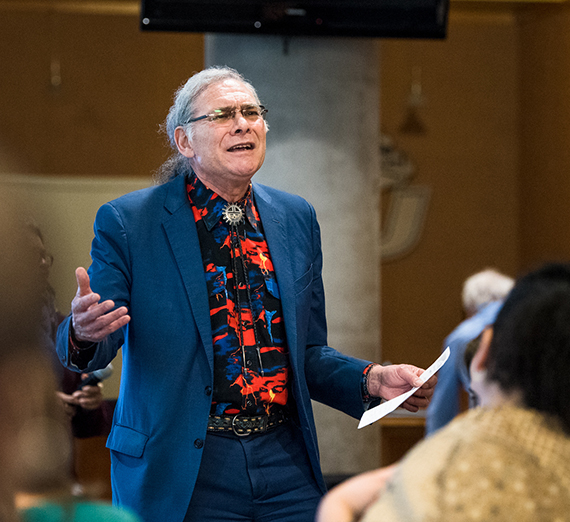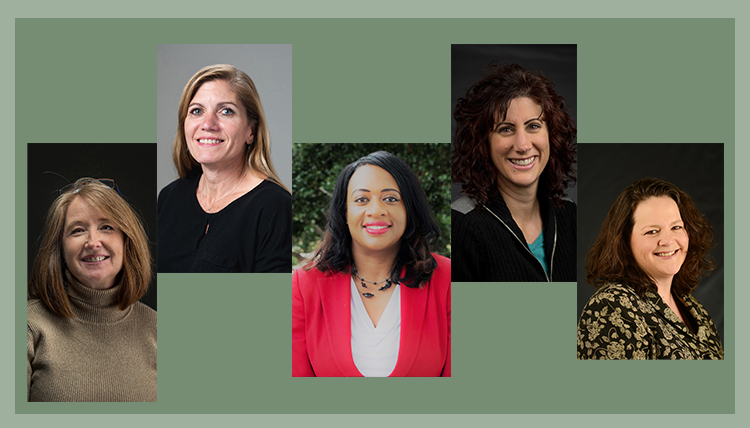Dismantling Structural Bias

Despite being on summer recess, in the aftermath of George Floyd’s murder, many faculty members were saying, “I want to do something, but what?”
In a collaborative workshop sponsored by the Center for Teaching and Advising and attended by more than 75 faculty, CTA Director Mia Bertagnolli, Institute for Hate Studies Director Kristine Hoover, Business Professor Molly Pepper, and Associate Provost Raymond Reyes responded to this faculty desire to have a sustained institutional response to ongoing racism and other forms of bias.
Faculty from multiple disciplines translated workshop ideas and words into action. They began with the syllabus as a central mechanism from which to do something structural in nature. The workshop included two parts – to address diverse, discipline-based ways to self-initiate a type of implicit bias/equity/inclusion “audit” of syllabi, and classroom management – face-to-face and remote.
“The syllabus serves as the relational and governing instrument between students and faculty,” Reyes says. “It defines the experience of teaching and learning in the classroom. Such an evaluative consideration has enormous potential for addressing structural issues at a Predominately White Institution (PWI) where white instructional spaces in many instances ‘don’t know what we don’t know.’”
(Left to right: Kristine Hoover, Mia Bertagnolli, Robin Kelley, Juliane Mora and Molly Pepper assisted the DEI staff in this faculty workshop.)
The series began with a presentation by Associate Chief Diversity Officer Robin Kelley on common vocabulary regarding topics such as racism, anti-racism and implicit bias, and included a discussion of a social justice syllabus tool by Assistant Professor of Communication Studies Juliane Mora.
Here are a few ideas offered by those in attendance:
• “Call in” people to dialogue while calling out examples of bias recognized in class discussion: let someone know their words or actions are unacceptable, interrupt or redirect conversation that could lead to harm. This allows us to hit the “pause” button and break the momentum
• Facilitate deeper, more meaningful conversations to help find mutual understanding, help imagine different perspectives and outcomes, make way for paradigm shifts, focus on reflection, not reaction
• Recognize unintended bias in a syllabus that may present inequities to some students, i.e. class attendance requirements during a pandemic, deadlines and expectations that don’t allow for family circumstance
• Clarify “office hours” so students understand a professor’s availability and interest in connecting, not just when there is a problem. Some faculty have an assignment at the beginning of the semester for students to take a selfie at their teacher’s office door to help ensure that students can find their location. Others say they hold office hours in Hemmingson or another more casual location to be more accessible and less intimidating.
Faculty suggested other topics for future workshops, including current events relating to racism, eugenics, contemplation pedagogy, Ignatian pedagogy, teaching strategies to support students’ emotional well-being, and caring for others.

